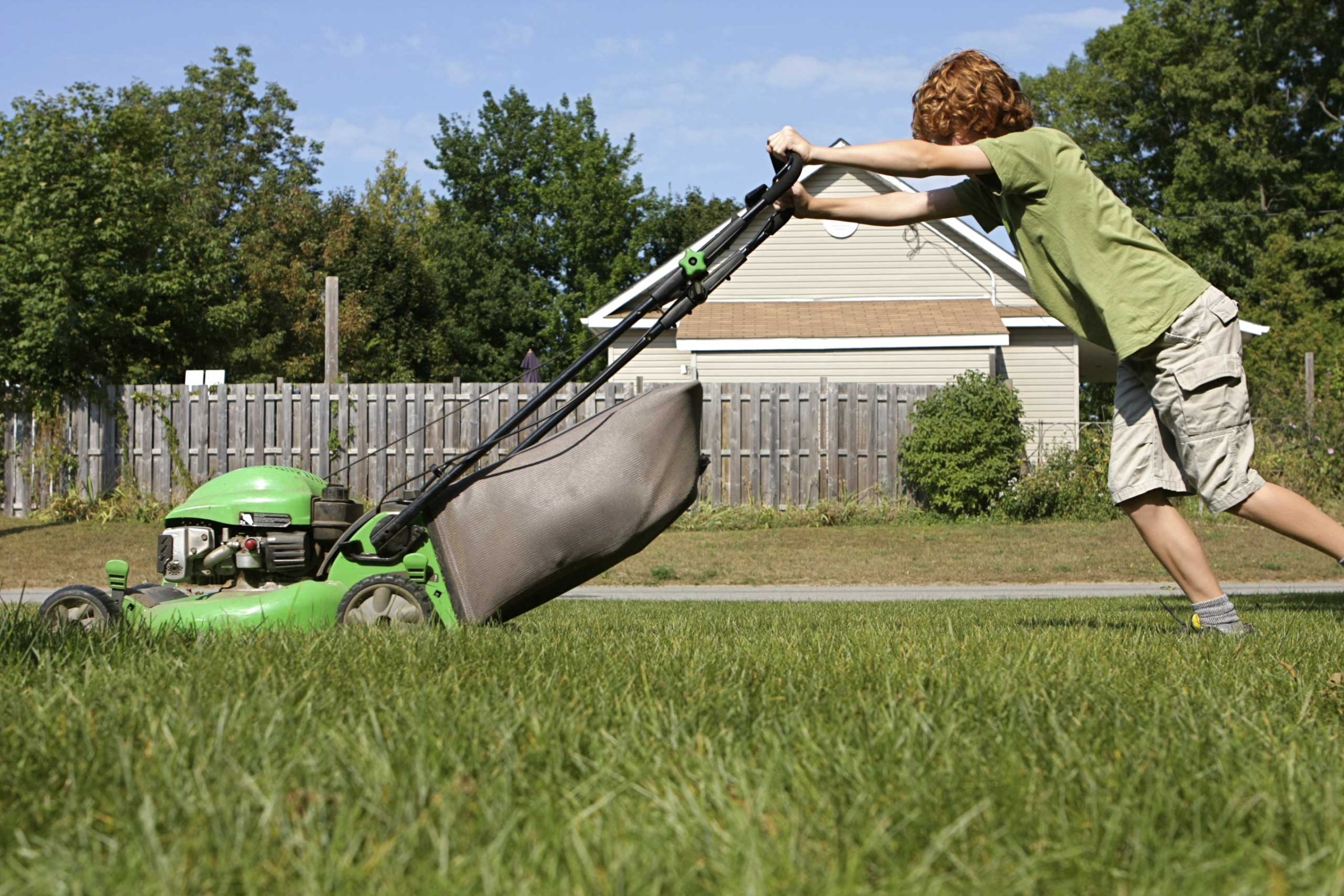
There’s been a lot of talk about Wonder Bread bags since Joni Ernst’s State of the Union response. (The consensus among my colleagues, regardless of party, is that we wore them too, but over our socks and under our boots. Exterior bags must be an Iowa thing.) Less attention has been given to Ernst’s part-time job as a teen making biscuits at Hardee’s. Maybe that’s because everyone I know over 40, regardless of income, once had a job like that. The most surprising thing was that Ernst tied her Hardee’s experience to modest income and humble beginnings. In college, I knew a debutante from Texas who had a butler answer the door at her holiday party, but she still got up every morning at 4 to make salt-rising bread at the student union bakery. In my time — meaning the distant past of the 1970s — menial jobs were a rite of passage, even for those lucky enough not to need them for life.
That seems to have changed. Between 1990 and 2012, the percentage of high schoolers with a part-time job dropped from 32% to 16%, according to the National Center for Education Statistics. Between 2000 and 2012, the percentage of employed college students dropped from 52% to 40%. A good portion of that can be explained by economics: many adults were snapping up those jobs due to the economy. But just from personal observation, I think there’s another trend involved. The gap between rich and poor is now clearly reflected in how our more well-to-do high school and college students spend their spare time.
Living in the Washington suburbs, I see a culture where elite sports, study-abroad programs and internships have replaced crappy part-time and summer jobs for upper-middle-class students. I’ve often heard that with college admissions being so competitive, our children don’t have time to work. I was once shot down with this rationale when I suggested the girls on a travel team have a bake sale to pay for a trip instead of having their parents write checks. It may have been just as well — I’m sure it would have been the moms doing the baking and selling anyway — but I have to call nonsense on this. Students manage to find time for ski and surf trips (often coupled with a mandatory service project helping poor kids who conveniently live near Costa Rican resorts), not to mention the more traditional student activities of binge-watching TV and underage drinking at unchaperoned parties. But somehow in between that photo safari in Tanzania and SAT prep, there is never enough time for bagging groceries at the Giant. That’s a pity.
I believe internships and travel are enriching and can help young people build their visions of the world and their place in it, and my children have experienced both. But those things aren’t a substitute for a grubby job with an unreasonable boss and an inflexible schedule. This, too, is part of the real world. Nobody wants to hire an attorney or a brain surgeon and find out that their case is his first real job.
A minimum-wage job also teaches humility. It can be a good thing for a child who has been told he’s special since birth to learn that he’s not too special to clean a fryer. A 2013 New York Times article on a new private school opening in Manhattan said educators’ research had shown that top colleges found New York City applicants lacking in humility. The parents’ answer: teach humility at a private school for upwards of $40,000 per year. I can’t help but picture the Dalai Lama being flown in on a dad’s NetJet for an afternoon seminar. Wouldn’t a shift at Yogiberry be simpler and more cost effective?
My daughter’s first summer job was at a national retail chain. While she worked with a few other college students, there were also many young people for whom this was their real means of support. One of her colleagues was a young man from Texas who’d been thrown out of his house after he came out. He’d made his way to Washington and was living on the same hourly wage that my daughter had been complaining wasn’t enough for her metro card, coffee and makeup. She’d volunteered with Habitat for Humanity and other organizations, so the existence of people with less wasn’t news to her. But working day-to-day with someone as a colleague is different. You are equals, and you see life through each others’ eyes, if only for a few months.
So while Joni Ernst and I will likely never agree on anything politically, I applaud her hours spent laboring over those Hardee’s biscuits, just as I’m sure she’d respect the gross-out evenings I spent scrubbing the seafood buffet table at the late, unlamented Jolly Lobster in downtown Hampton, Va. When the Senator or I walk into a restaurant and look at the staff, we see ourselves. All the surfing trips to Costa Rica and law-firm internships in the world can’t give you that.
More Must-Reads From TIME
- The 100 Most Influential People of 2024
- Coco Gauff Is Playing for Herself Now
- Scenes From Pro-Palestinian Encampments Across U.S. Universities
- 6 Compliments That Land Every Time
- If You're Dating Right Now , You're Brave: Column
- The AI That Could Heal a Divided Internet
- Fallout Is a Brilliant Model for the Future of Video Game Adaptations
- Want Weekly Recs on What to Watch, Read, and More? Sign Up for Worth Your Time
Contact us at letters@time.com